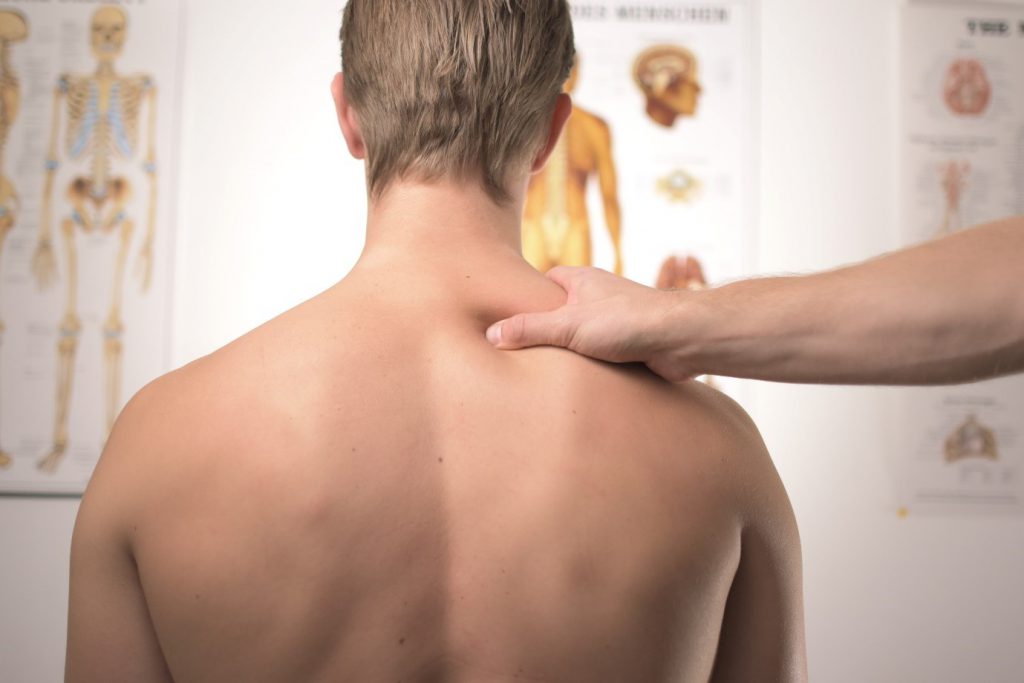People that are suffering from COVID-19 may think that the best course of action is to get plenty or rest. In reality, they need to be as active as possible in order to boost their immune systems and strength levels.
Physiotherapy has been used for centuries in order to help treat various acute and chronic diseases and disorders. Physiotherapy has also been shown to help people who are suffering from COVID-19, and recover quicker than they normally would.
Due to the ongoing global pandemic, many physiotherapists have worked closely with patient care teams in order to address the virus. Extra care and effort has gone into formulating post-COVID-19 health care guidelines and requirements.
There are many physiotherapy clinics in Mississauga that can help those that are dealing with post-COVID-19 symptoms recover and return to their normal lifestyle. Here, our focus will be on how physiotherapy clinics can help manage post-COVID-19 symptoms.
Stages of COVID-19
Based on patient recovery studies, there are currently two known stages of the virus. The first is post-acute COVID-19, which extends beyond three weeks from the beginning of the first symptoms. As for chronic COVID-19, it will extend beyond 12 weeks from the beginning of the first symptoms.
Post-viral syndrome is also something that many patients will have to deal with, and will negatively affect them for several weeks after they have seemingly recovered from the virus. For instance, while patients may no longer exhibit signs of fever, pain, and/or trouble breathing, they may still feel sore, weak, and sluggish. Many also report having trouble concentrating on work or school for weeks after they have recovered from the virus.
Some have also reported problems with their memory, and one study found that post-COVID-19 patients scored lower on IQ tests after having recovered from the virus.
Long-Term Effects of COVID-19
The good news is that the first wave is behind us. The massive surge of acute cases has gone down in recent months, and mortality rates have also plummeted due to new safety protocols, equipment, and therapeutics.
However, we still have to deal with the aftermath of a virus that has likely infected hundreds of millions of people globally. For example, many patients who have recovered from the virus have reported either short or long-term effects due to COVID-19.
In order to effectively treat these problems and yield optimal outcomes, added efforts will need to be made, and additional resources must be used. As for residual or long-term symptoms of the virus, some patients have reported nausea, limb pain, migraines, and chest tightness.
Dyspnoea, muscle fatigue, and extreme weakness have also been reported by some patients. Brain fog is a commonly reported symptom, with patients having difficult thinking or concentrating.
Additionally, hypertension and a heart arrhythmia may appear due to damage caused to the heart and blood vessels. Some patients may develop shortness of breath due to residual scarring of the lungs as well as the heart. COVID-19 symptoms that are allowed to linger will likely change into more serious chronic health problems, as well as a decreased quality of life.
Benefits of Rehabilitation of COVID-19 Patients
Rehabilitation will help optimize outcomes as well as health. It will also help reduce what is known as “Post Intensive Care Syndrome”, or PICS. Physiotherapy interventions will address shallow impairments, as well as cognitive and physical impairments.
Rehabilitating COVID-19 patients will additionally help accelerate their discharge, and reduce the risk of readmission in the future. However, rehabilitation must include psychosocial support to help alleviate the stress, anxiety, depression, and isolation that often ensues due to the highly contagious virus.
How Physiotherapy Can Help in Quicker Recovery?
Cardiorespiratory therapy involves respiratory muscle retraining. It will help patients augment their oxygen intake as well as their breathing. The patient will be taught many breathing exercises in order to recover quicker from the virus, and will also be taught manual techniques and mobilization exercises in order to correct their posture.
Postural correction techniques will help optimize both oxygen management and lung function. As well, mobility can be enhanced by increasing exercise capacity, while balance can be improved via dynamic balance and static exercises. The physiotherapist will also recommend specific exercises that will ameliorate pulmonary and cardiac function, while improving endurance, strength, and flexibility.
The patient will be taught how to improve their self-care management, as well as learn techniques to improve their independence and mental well-being. Patients who suffer from acute respiratory distress syndrome (ARDS) will also recover by working with a physiotherapist.
The risk of nerve impingements as well as serious pressure injuries will be reduced by following physiotherapy techniques. It should be noted that the strengthening exercises administered by the physiotherapist are not only progressive, but also individualized to cater to the unique needs of the patient. The exercises will support adaptation to new levels of functionality as well as return to school or work planning.
Functional retraining for ADL (activities of daily living) will also be prioritized, as well as the spirometry dyspnea scale for the respiratory system. As can be seen, physiotherapy has many benefits, and can help return patients to their normal routine and quality of life.
Towards a Healthier Economy!
As more people recover from COVID-19, the need for rehabilitation will increase. The evidence of impairments caused by the virus have already been documented, with more evidence expected to emerge in the upcoming months. This newfound segment of the population will need to be taken care of quickly, and sufficient resources must be available to aid them in their full recovery.
Physiotherapy clinics in Mississauga can help people become more mobile and healthy, which will help them become active contributors to the local community as well as the economy. With over 60 million confirmed cases, and millions more expected to be reported in the upcoming months, physiotherapists can help reduce the risk of permanent damage caused by the virus. For more information, please contact your local Physiotherapist.




2 thoughts on “How Physiotherapy Can Help Manage Post-COVID-19 Symptoms”